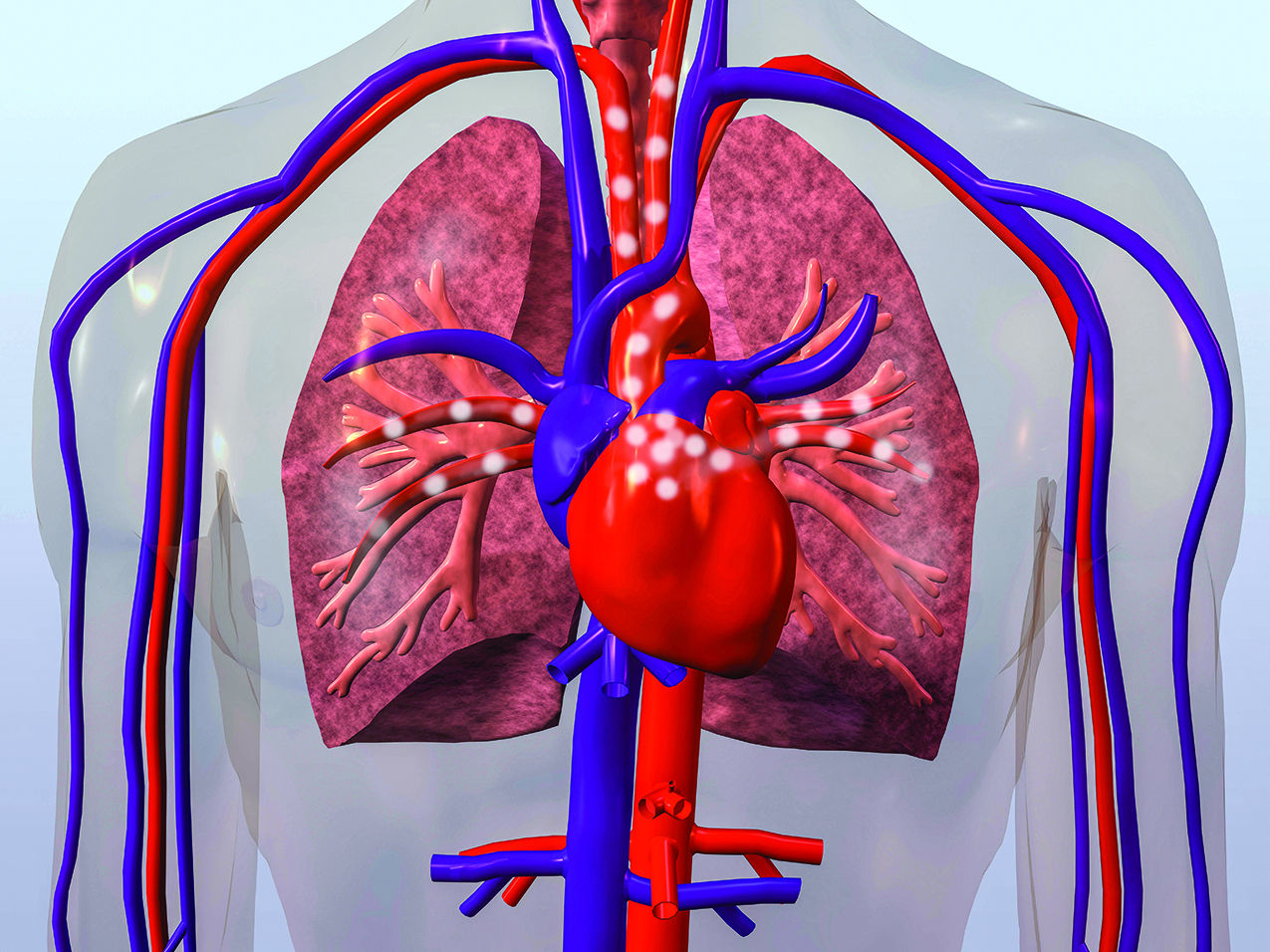COLUMBIA, S.C. – In observance of Preeclampsia Awareness Month, the South Carolina Department of Health and Environmental Control (DHEC) is raising awareness about the state of maternal health in South Carolina and current initiatives to improve pregnancy and postpartum health for mothers and babies.
Preeclampsia is a pregnancy-related condition when a woman suddenly develops high blood pressure and high levels of protein in their urine after 20 weeks of pregnancy or during the postpartum period. Even if you have no history of high blood pressure, you are still at risk of developing preeclampsia.
Preeclampsia increases the risk of preterm delivery, low birth rate, seizures and stroke. These conditions may be life threatening for both mothers and babies. Preeclampsia symptoms include a severe headache that doesn’t go away, vision changes, swelling in the hands, legs or face, sudden weight gain and extreme nausea.
Steps to reduce your risk of preeclampsia include:
-Managing chronic conditions like high blood pressure and diabetes
-Keeping all your appointments during pregnancy and your postpartum check-up
-Consuming a healthy diet
-Participating in regular physical activity
“It is important for all pregnant and postpartum women to know the signs of preeclampsia and contact their health care provider if they experience these symptoms,” said Danielle Wingo, Director of DHEC’s Bureau of Maternal and Child Health. “With quick diagnosis and treatment, many life-threating risks for both mom and baby can be avoided. The CDC’s Hear Her Campaign has resources in multiple languages about maternal health warning signs and helpful guides for speaking up if something doesn’t feel normal.”
South Carolina ranks 8th highest for maternal mortality in the United States. Recently, the South Carolina Maternal Morbidity and Mortality Review Committee (SCMMMRC) completed a review of the 79 pregnancy-associated deaths from 2020 (the most recent data available) and determined 18 deaths to be directly related to the pregnancy itself. Of the cases reviewed, more than 90% were determined to be preventable and the majority took place in the postpartum period.
South Carolina’s pregnancy-related mortality rate decreased by 16.3% from 2019 to 2020, but there was an increase in the gap between deaths by race demographics. Black women were 4.2 times more likely to die than White women. Additionally, pregnancy-related death rates in rural counties were nearly twice as high as those in urban counties.
“DHEC is committed to improving maternal health outcomes and reducing pregnancy-related deaths for South Carolina families,” said Dr. Edward Simmer, DHEC director. “Most pregnancy-related deaths are preventable, so we want to ensure that all of South Carolina’s pregnant and postpartum women have access to information and resources that can help them remain safe and healthy throughout pregnancy and after giving birth.”
DHEC has partnered with the CDC to promote the Hear Her Campaign raising awareness of potentially life-threatening conditions that occur in pregnancy and in the postpartum period. For more information and a list of these signs and symptoms, visit CDC.gov/HearHer.
DHEC Recognizes Preeclampsia Awareness Month, Releases Review of Pregnancy-Associated Deaths






